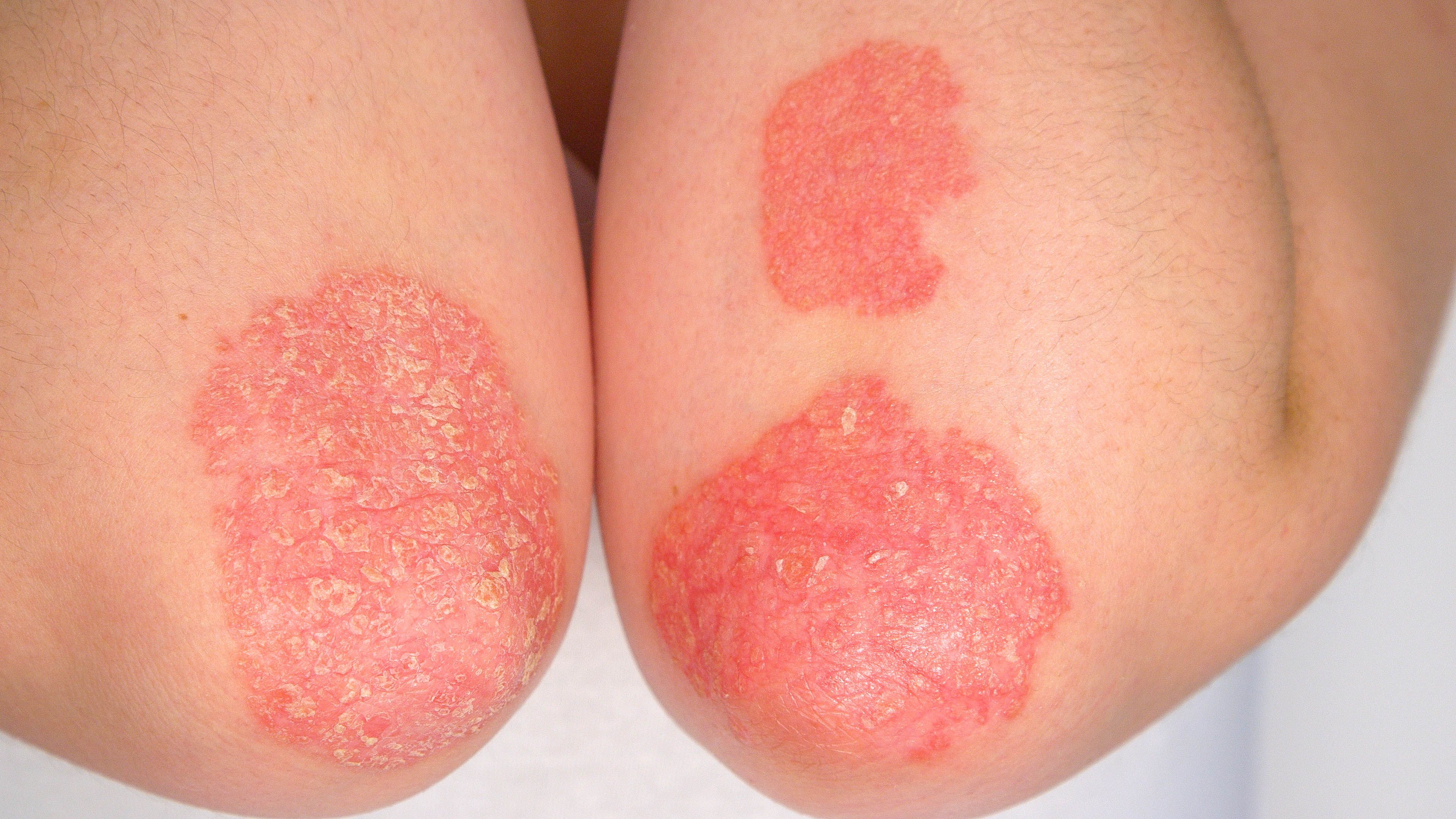Psoriasis affects more than 8 million Americans and roughly 125 million people worldwide. Plaque psoriasis is the most common type, but there is also guttate, inverse, pustular, and erythrodermic. There is also psoriatic arthritis—a type of arthritis that affects people with psoriasis. It’s possible to have more than one type of psoriasis at the same time, and it’s possible for psoriasis symptoms to change over time.
While psoriasis is relatively common, it is a different experience for everyone. People have different types of psoriasis. They have psoriasis symptoms on different areas of their bodies and with different degrees of severity. They have different triggers that cause psoriasis to flare. They find different treatments work better than others. They experience the mental and emotional burdens that come with the disease in different ways. And they find different aspects of the disorder more difficult to manage than others.
Treating psoriasis
There is no cure for psoriasis, but there are a number of different treatments that can help control the disease by reducing symptoms and preventing flares. The distinction between control and cure is important for patients to understand, as managing psoriasis is an ongoing process that will continue throughout a person’s life.
Your treatment plan should address the specific ways psoriasis impacts your life. Being able to describe your experience with psoriasis is important when communicating with your healthcare provider and making decisions about treatment. One question that every person with psoriasis should consider: What is the worst part about having psoriasis?
Below are some ideas to help you start thinking about your answer.
Is it the uncomfortable physical symptoms?
In addition to skin lesions, psoriasis can also cause itching, pain, and physical discomfort. In some patient surveys, many report that these symptoms are the most bothersome aspects of psoriasis.
Is it the time and energy psoriasis management consumes?
Moisturizers, topical therapies, and wet wraps can be useful and effective treatments for psoriasis. They also consume time and energy—sometimes more time and energy than you have. Psoriasis patients can burn out on treatment plans for this reason. If you feel this way, talk to your healthcare provider about other treatment options.
Is it the things that psoriasis prevents you from doing?
Psoriasis prevents many people from living the lives they want to live. It prevents them from socializing and pursuing romantic relationships. It prevents them from wearing certain clothing or exercising. It prevents them from performing their best in school, work, and careers. It prevents them from getting enough sleep or taking care of the other aspects of their health.
Is it feelings of stigma or embarrassment?
Skin conditions are associated with many negative feelings about one’s self and the way they are perceived by others, and psoriasis is no exception. Although psoriasis is in no way contagious, many people feel that their skin symptoms will be mistaken for something that is contagious. Others fear being viewed as unhygienic because of their symptoms.
These feelings can take a significant toll on mental and emotional health. If you experience feelings of distress, anxiety, anger, and depression, know that you are not alone. Many people with psoriasis experience these feelings. Also know that help is available. Counseling, support groups, and therapy are worthwhile additions to a treatment plan.
Working with your healthcare provider
What is the worst part about having psoriasis? You may have a single, definitive answer to the question. You may have a list of several different things that are all tied for the worst. The worst part of managing psoriasis may also change depending on the day—and keeping a journal or record of your symptoms and how you feel each day can produce useful information for you and your healthcare provider.
Whatever your answer looks like, it is important to discuss it with your healthcare provider and come up with a plan to help address the parts of managing psoriasis that you find difficult, challenging, and frustrating.





